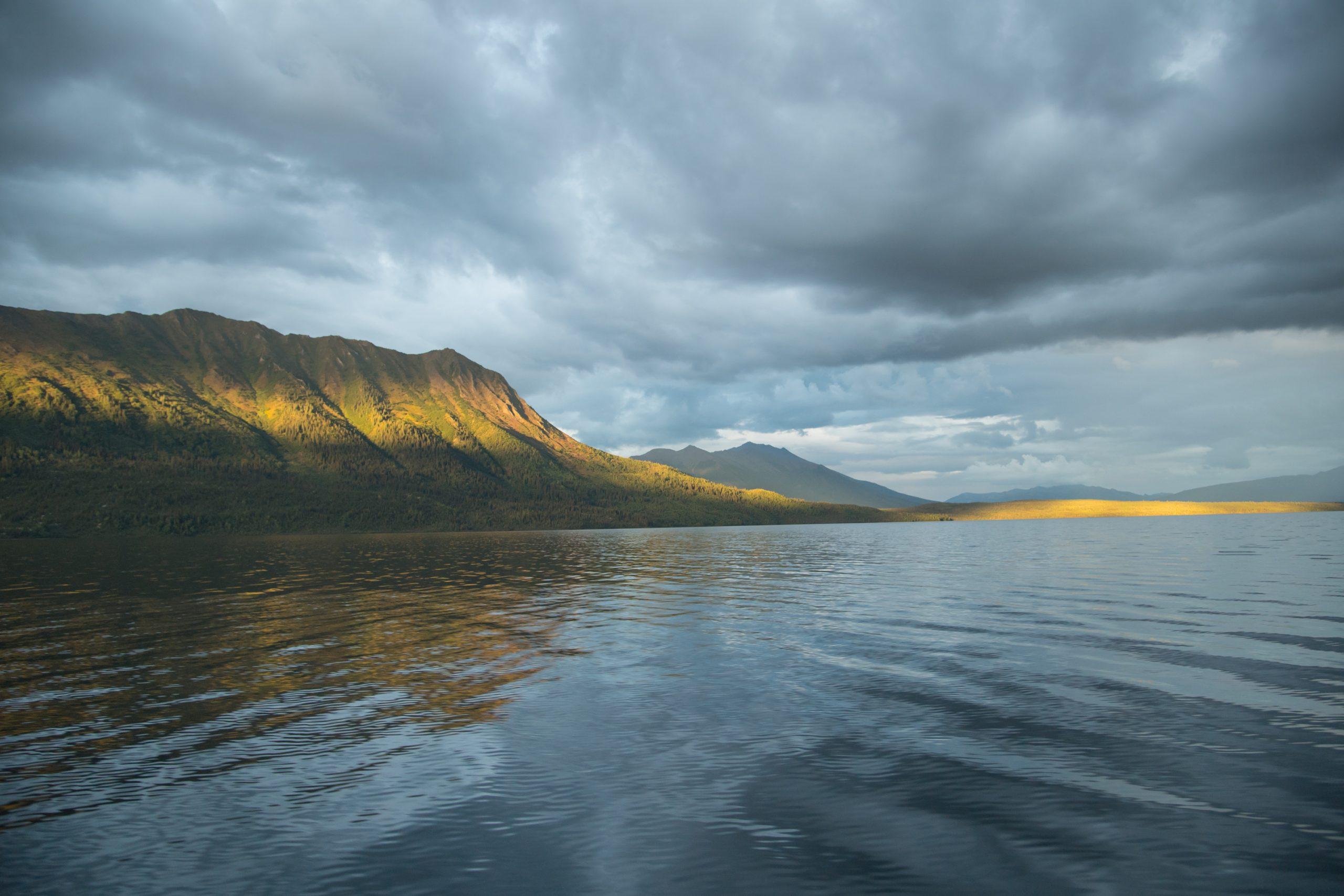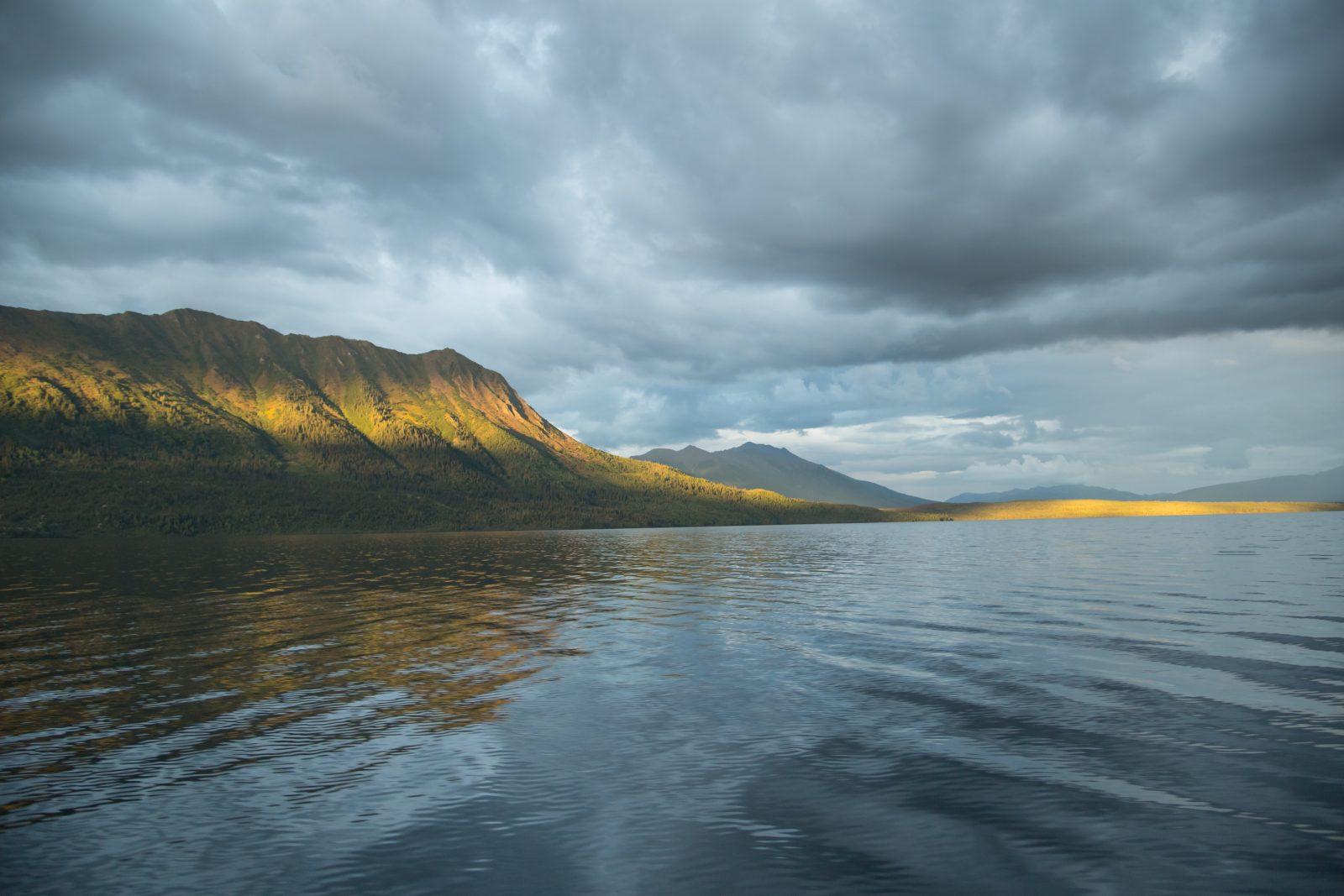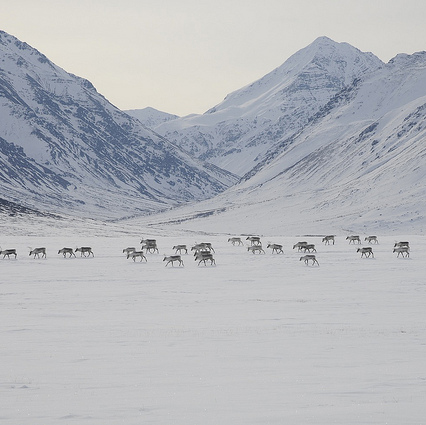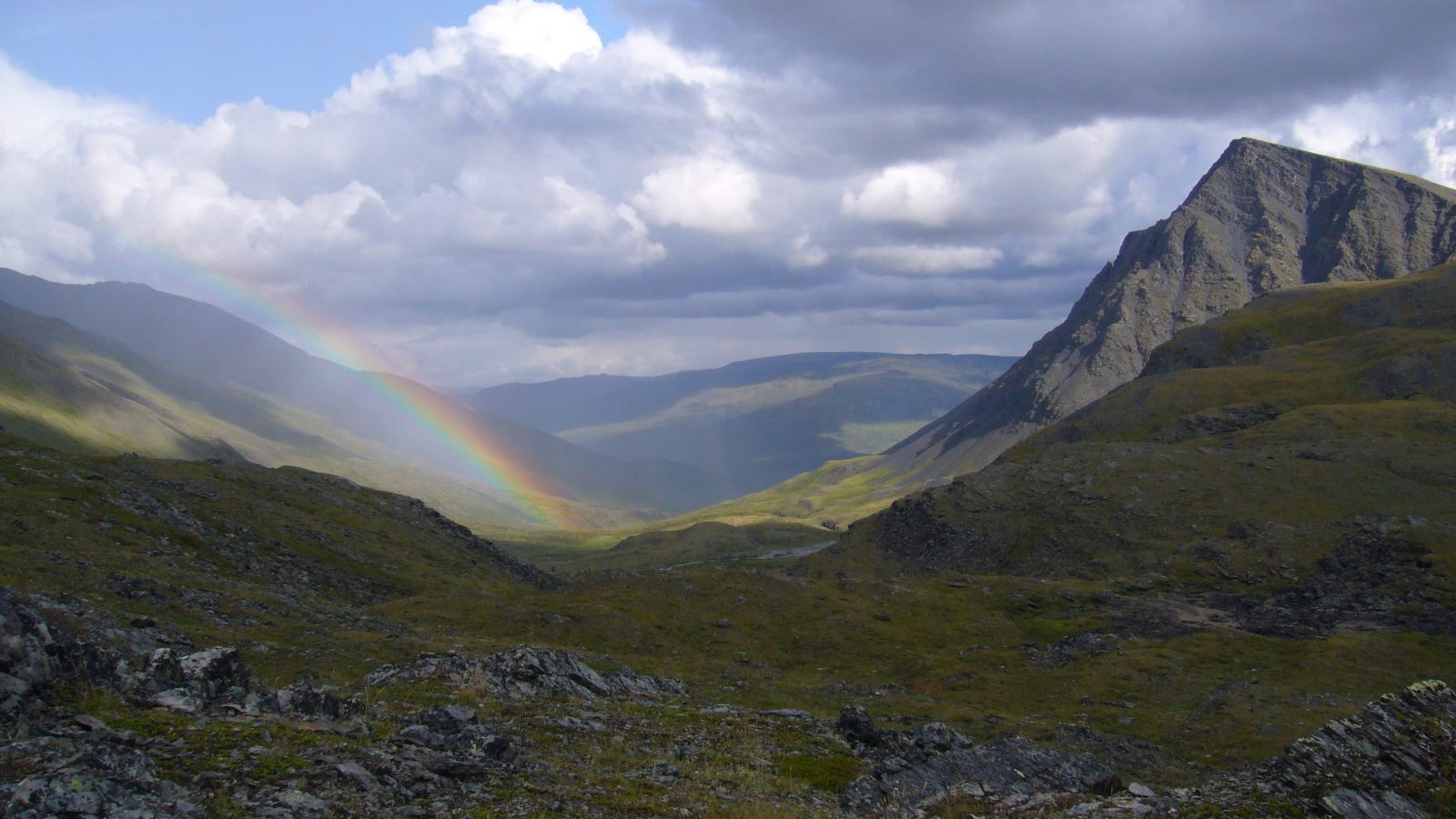
AIDEA uses health crisis to funnel cash to industrial road

The Alaska Industrial Development and Export Authority used the Covid-19 crisis to hand $35 million to a proposed road to the Ambler Mining District that would benefit only private mining interests. The funding from that public corporation of the State of Alaska will go to what it calls “preconstruction work.”
Under the cloak of an “emergency” meeting held with little public notice, AIDEA’s board voted unanimously to funnel millions to a flawed proposal opposed by locals for years and stalled because of serious financial, environmental, and human health concerns. The meeting, held by phone because of the pandemic, drew a lot of outrage from opponents to AIDEA’s money grab. Virtually all the public testimony opposed the decision.
Just to be clear, this “crisis” funding does nothing to address the current financial needs of Alaskans and Alaska’s small businesses. Many Alaskans called out AIDEA for its move, including a state legislator and the CEO of Doyon, an Alaska Native regional corporation with land rights in the region.
AIDEA failed to secure funding through the legislature. Instead, they acted contrary to the Executive Budget Act and the Alaska State Constitution, which vests the legislature with authority to appropriate funds. They also did this at a time when the public and legislature were at their most distracted.
Another public health concern

AIDEA has attempted to use the pandemic as an industrial “opportunity” when it should put its focus on the direct support of Alaskans and Alaska small businesses doing their part to stop the spread of the coronavirus.
The Bureau of Land Management also took action during the national emergency and pandemic by releasing its final Environmental Impact Statement for the proposed Ambler road project on March 27. BLM and the other federal permitting agencies expect to release their Record of Decision within 30 days.
The final EIS fails to address many public health and environmental concerns, including the health threats to Arctic Alaska communities that rely on the region’s fish, caribou, and other animals for food and traditional uses. The overwhelming majority of local communities oppose the road.
The project would open the door to copper mining, which has a high risk for acid rock drainage in waterways essential to the health of wildlife and people. The gravel used for the proposed road would contain asbestos, another toxin to the land, water, animals and people.
Another AIDEA boondoggle

Truth is, the proposed road would industrialize and degrade public lands and create another financial fiasco that subsidizes private pollution-producing companies with no guarantee of or even a viable plan for payback. Nor does the proposal adequately and thoroughly address the health concerns of those whose families have lived in the area for millennia.
These local communities will further suffer the erosion, flooding, permafrost thaw, fish and animal die-offs, and other climate impacts affecting Arctic communities already.
Retired Alaska business owners wrote in an opinion piece that AIDEA’s Ambler road decision is an affront to the public trust. At a time when trust is the foundation of an effective global public health effort to save lives, witnessing a public agency betray the public trust puts everything the agency does in question—including its so-called role in providing reliable support to the Alaskans who need it right now.


